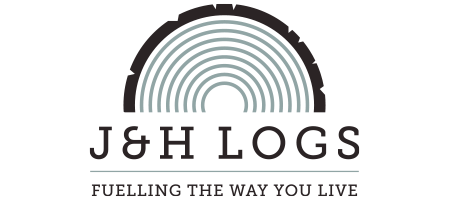
Forestry and Wood-Burning Certifications: What They Mean and Why They Matter
Certifications in the forestry and wood-burning industries are essential for ensuring sustainable practices, maintaining industry standards, and building consumer trust.
Understanding Forestry and Wood-Burning Certifications
Certifications serve as a mark of quality and sustainability in the forestry and wood-burning industries. They ensure that products meet specific standards for responsible sourcing, environmental impact, and safety. By adhering to certification criteria, businesses demonstrate their commitment to sustainable practices and ethical operations.
Key Certifications in the Forestry Industry
Forest Stewardship Council (FSC):
- Overview: FSC certification is recognised globally as a leading standard for responsible forest management.
- Criteria and Process: Certification involves rigorous criteria covering environmental, social, and economic aspects of forestry. The process includes forest audits and continuous monitoring.
- Benefits: FSC certification promotes sustainable forest management, supports local communities, and ensures that products come from responsibly managed forests. Learn more about FSC.
Programme for the Endorsement of Forest Certification (PEFC):
- Overview: PEFC is an international non-profit organisation that endorses national forest certification systems.
- Criteria and Process: PEFC certification requires compliance with strict sustainability criteria and regular audits.
- Benefits: PEFC supports sustainable forest management practices and ensures that forestry operations maintain high environmental and social standards. Learn more about PEFC.
Key Certifications in the Wood-Burning Industry
HETAS Certification:
- Overview: HETAS is a UK-based certification body for wood-burning appliances and fuels.
- Importance: HETAS certification guarantees that wood-burning stoves, boilers, and fuels meet safety and performance standards.
- Benefits: Consumers can trust HETAS-certified products to be efficient, safe, and environmentally friendly. Learn more about HETAS.
Woodsure Certification:
- Overview: Woodsure certifies firewood and biomass fuels in the UK.
- Criteria and Process: Certification involves testing for moisture content, cleanliness, and sustainability of the wood.
- Benefits: Woodsure certification assures consumers of the quality and sustainability of their wood fuel, promoting efficient and clean burning. Learn more about Woodsure.
The Importance of Certifications for Consumers
Certifications play a crucial role in helping consumers make informed choices. They offer assurance that products are sustainably sourced and ethically produced. Certified wood-burning products also meet high safety and performance standards, providing peace of mind for users.
The Importance of Certifications for the Industry
For the industry, certifications promote sustainable forestry practices and enhance market credibility. They encourage adherence to high standards and best practices, which benefits the environment and supports the long-term viability of the industry. Certifications also help build consumer trust, which can drive demand for certified products.
The Certification Process
Obtaining certification involves several steps:
- Preparation: Businesses must prepare by understanding the certification criteria and implementing necessary practices.
- Audits: Certification bodies conduct audits to assess compliance with standards.
- Continuous Monitoring: Regular audits ensure ongoing compliance and continuous improvement.
Future Trends in Certification
Emerging trends in forestry and wood-burning certifications include:
- Technology Integration: The use of technology to streamline certification processes and enhance transparency.
- Sustainability Focus: Increasing emphasis on sustainability and climate impact.
- Consumer Demand: Growing consumer awareness and demand for certified products.
Conclusion
Certifications play a vital role in promoting sustainability, safety, and consumer trust in the forestry and wood-burning industries. They ensure that products meet high standards and support responsible practices. By choosing certified products, consumers can contribute to a more sustainable future. For businesses, adhering to certification standards can enhance credibility and drive demand. Supporting these certifications is crucial for the well-being of our forests and the health of our planet.
For more information on sustainable firewood and certified logs, visit J&H Logs.
